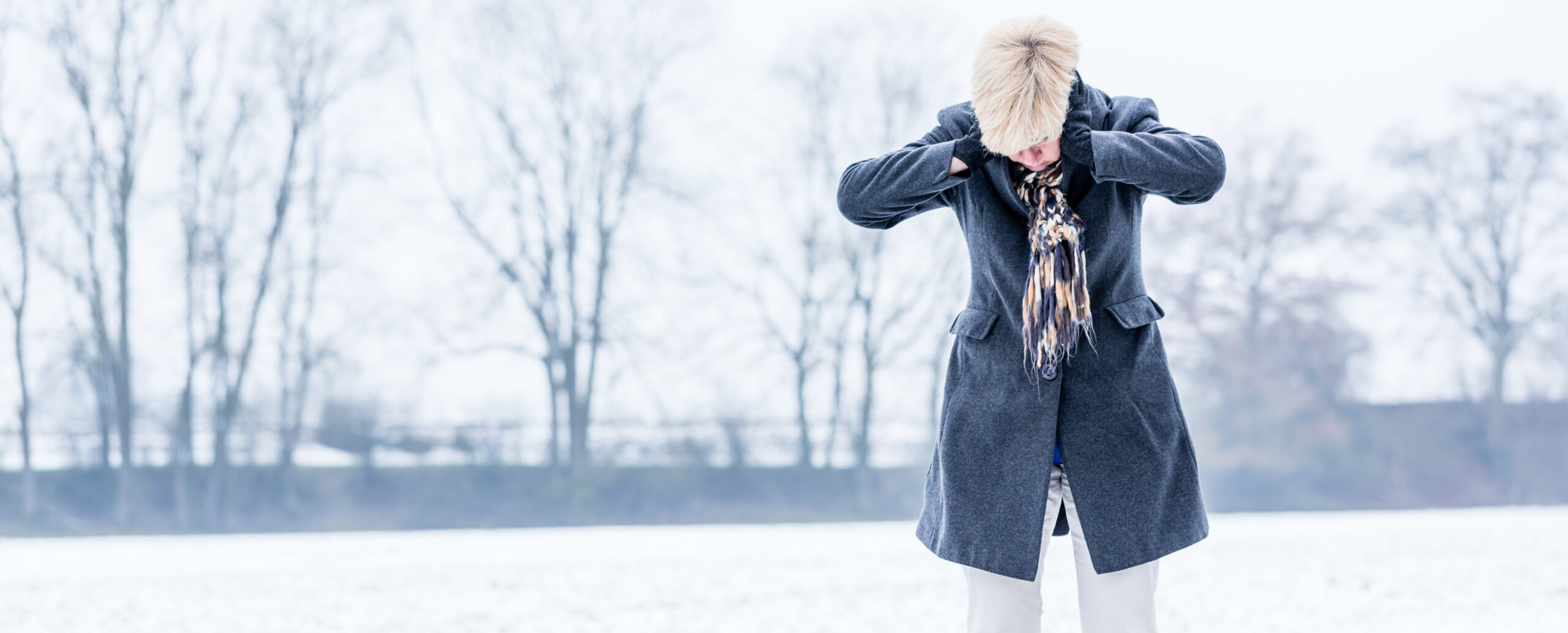For most people, the changing of the seasons, holiday celebrations and the ushering in of a new year can be an exciting time. However, for many including seniors, winter can mean depression possibly brought on by Seasonal Affective Disorder (SAD). Seasonal Affective Disorder is a form of depression that cycles with the seasons. It is most common in the winter months and for those who suffer it seems to begin and end at the same time each year. The disorder targets all age groups. Women are more likely to be affected than men and older adults who live alone can be particularly vulnerable to isolation and loneliness which can lead to mood disorders. Many seniors are misdiagnosed for other ailments, but it’s important to properly understand the causes, symptoms and treatment of seasonal depression. A common symptom of SAD is self -alienation from social activities.
Some of the other symptoms of SAD are:
- draining and sudden lack of energy, a disabling fatigue.
- a lack of focus – issues with memory and concentration
- difficulty sleeping
- feeling disheartened and deflated
- joint and muscle pain –dull aches and pains throughout the body
- irritability and anxiety
- fluctuating weight and appetite
Seasonal Affective Disorder seems to be triggered by changes in the amount of sunlight. This suggests a possible vitamin D deficiency during the winter as a result of shorter daylight hours. The cold winter months can also mean a drop in serotonin levels and a chemical imbalance that causes depressive symptoms. The lack of daylight hours may also upset a person’s biological clock which controls sleep-wake patterns. SAD is more common in people who live either far north or far south of the equator.
Now that we understand some of the symptoms and causes what do we do about it?
- Phototherapy – light therapy is a popular solution. You can purchase specially designed lights that simulate sunshine and can help with the darker days.
- Spending time outdoors – there may be many winter days where there is not a lot of sunshine, but you can still catch some rays on a good day
- Vitamin Supplements –adding more Vitamin D to your diet may help. (always check with your doctor)
Don’t ignore the symptoms. Feeling a bit down in the winter months is normal but if you feel down for days at a time and you just can’t get motivated, you should see your doctor.
Learn more about Seasonal Affective Disorder in seniors by following this link.






Add Your Voice
0 Comments
Join the Discussion